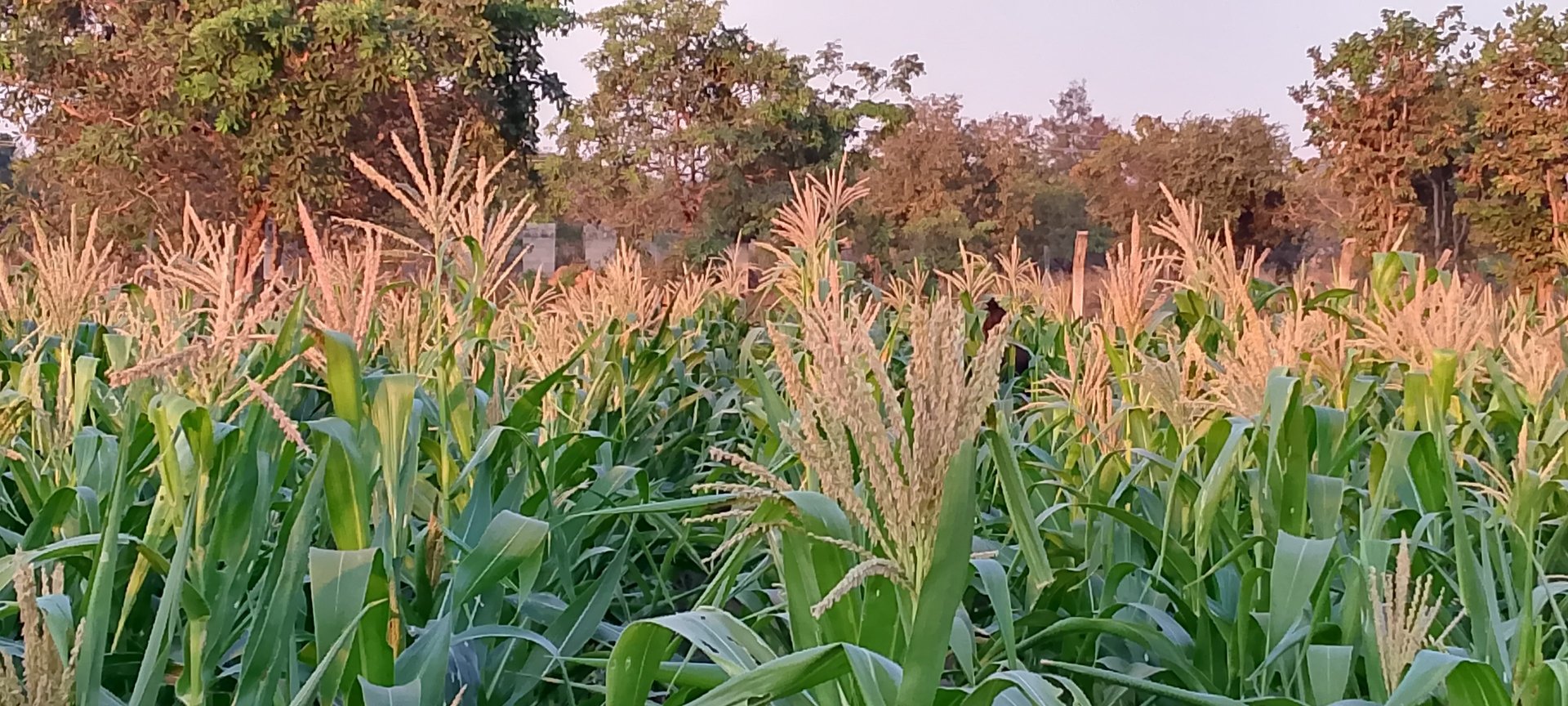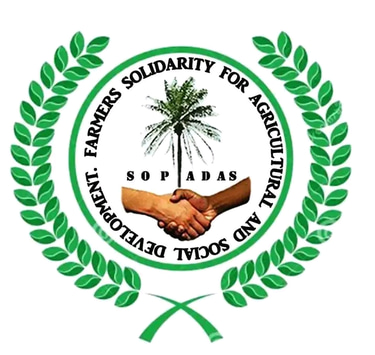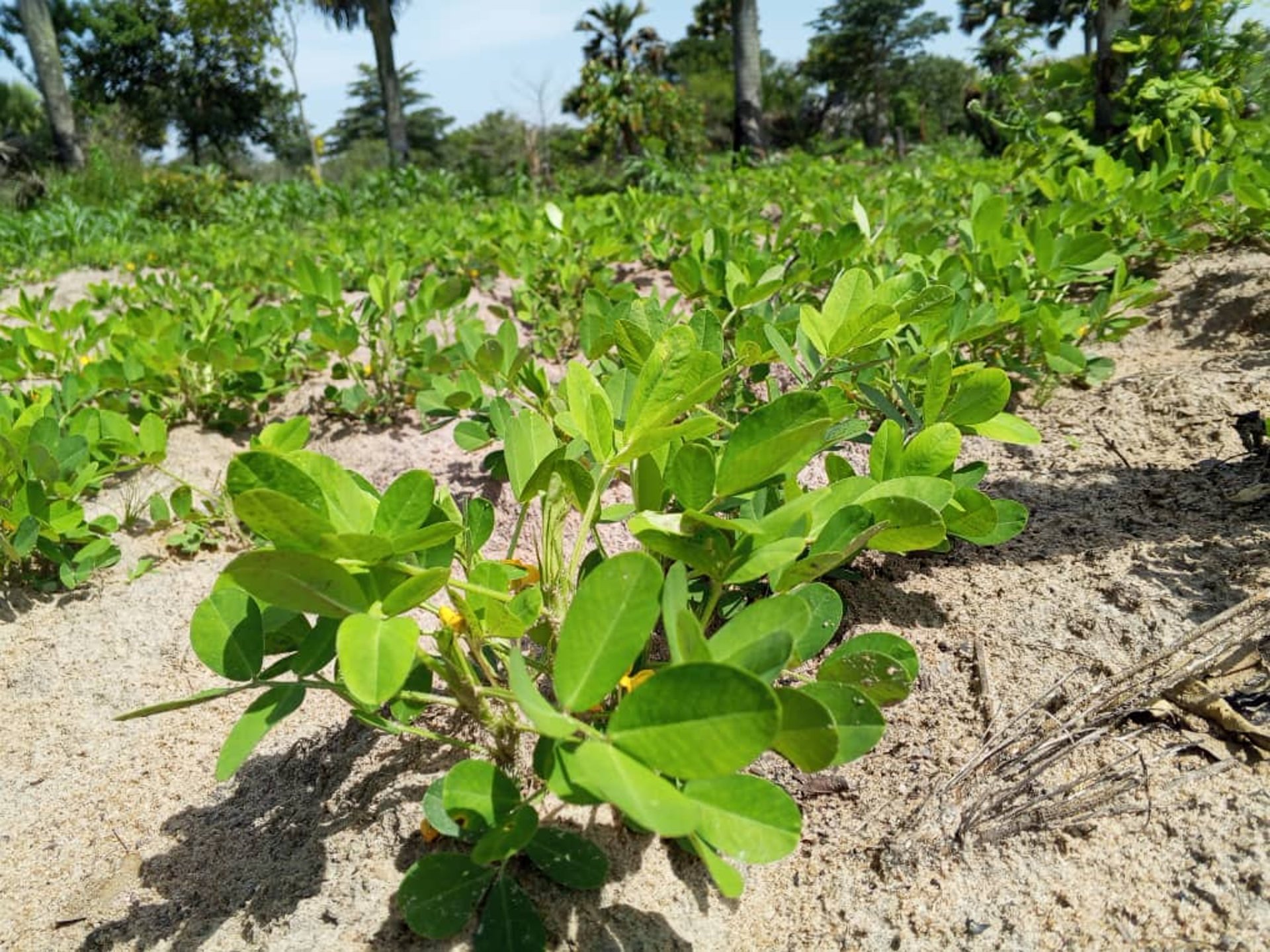2024 Annual NGOs Forum -Tanzania
The annual Non-Governmental Organizations Forum, organized by the Ministry of Social Development, Gender, Women, and Special Groups in collaboration with NaCoNGO, serves as a vital platform for discussions on social issues and development strategies.
This year, the forum graced by the presence of the official guest, Hon. Dr. Doto Biteko, the Deputy Prime Minister and Minister of Energy.
The event is made possible through funding from the government, NaCoNGO., various non-governmental organizations, and other stakeholders, highlighting the collective effort to address key societal challenges.
Participants engaged in meaningful dialogue, share best practices, and forge partnerships aimed at enhancing the impact of their initiatives on the community.
This forum not only underscores the importance of collaboration but also reinforces the commitment to empowering vulnerable groups and promoting sustainable development in the region.
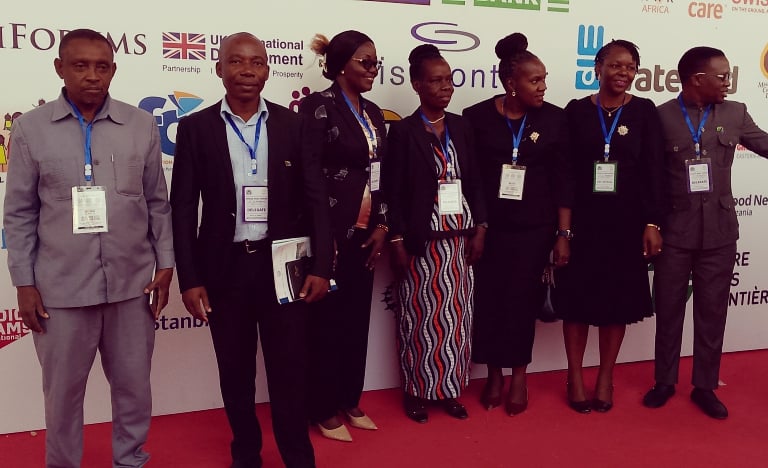

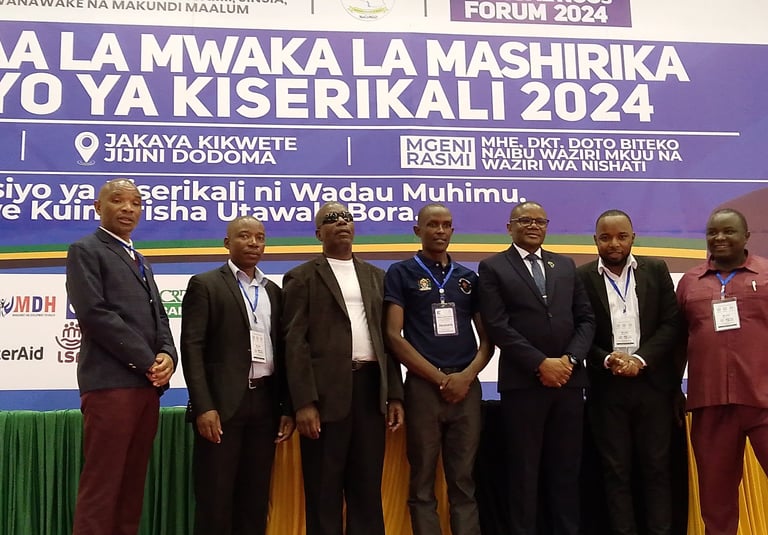

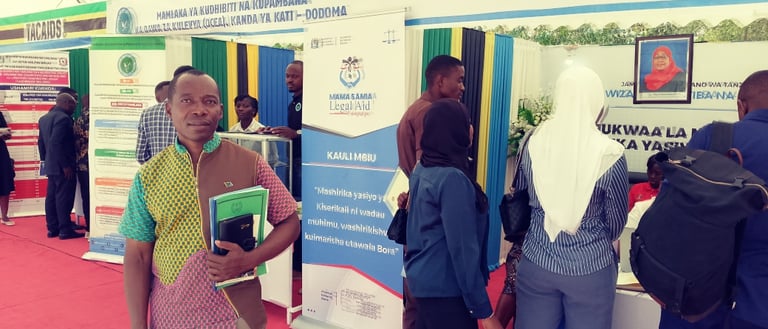

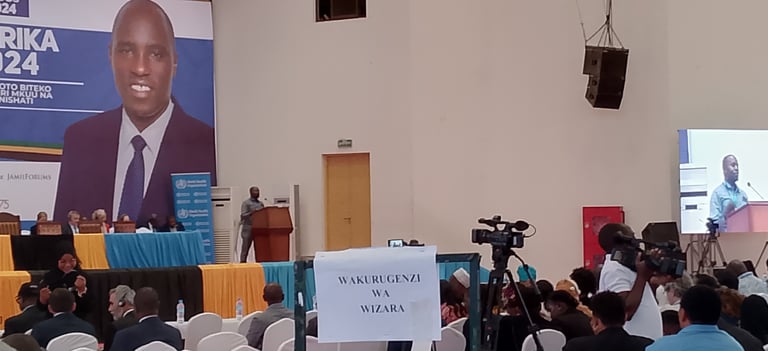

2024 Theme:
Non governmental organizations are the stakeholders, involve them in Enhancing Good Governance.
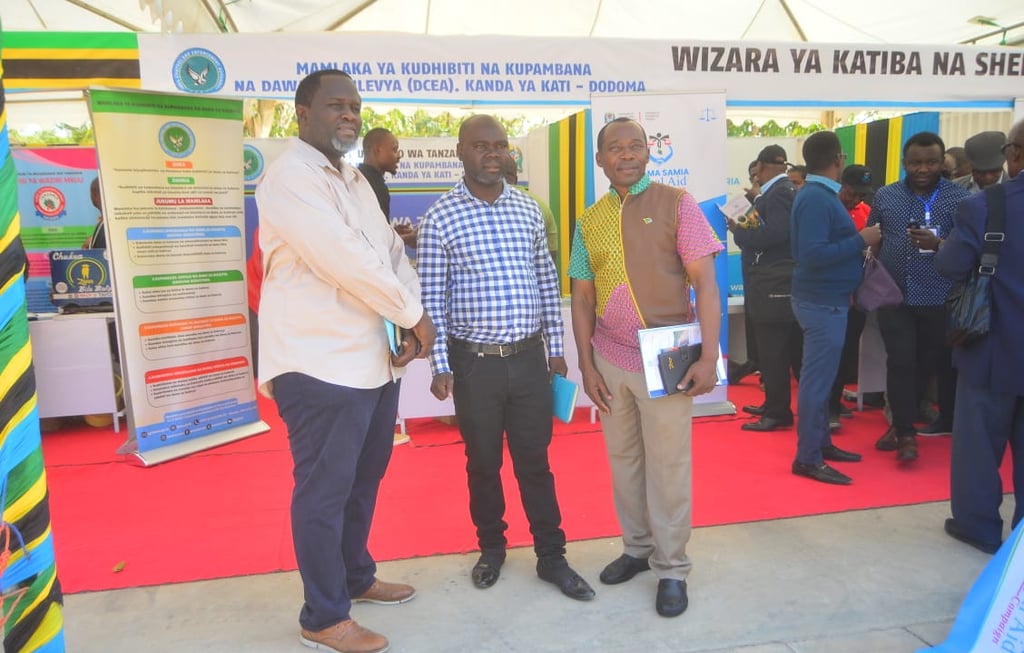

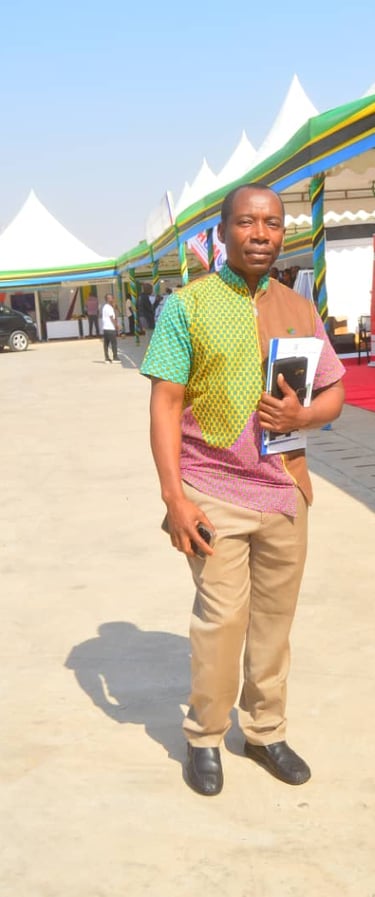

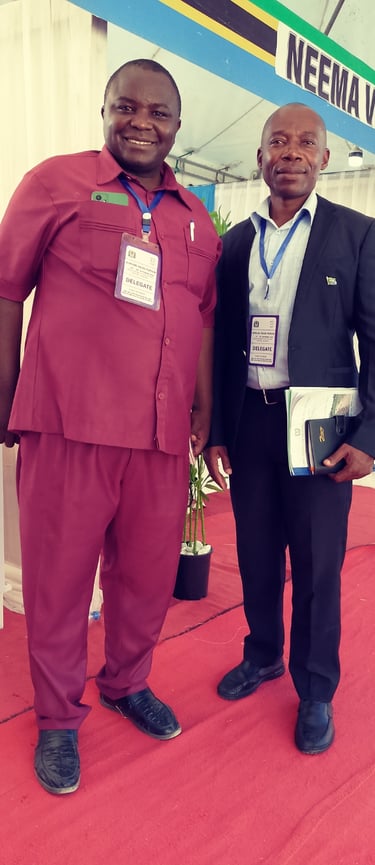

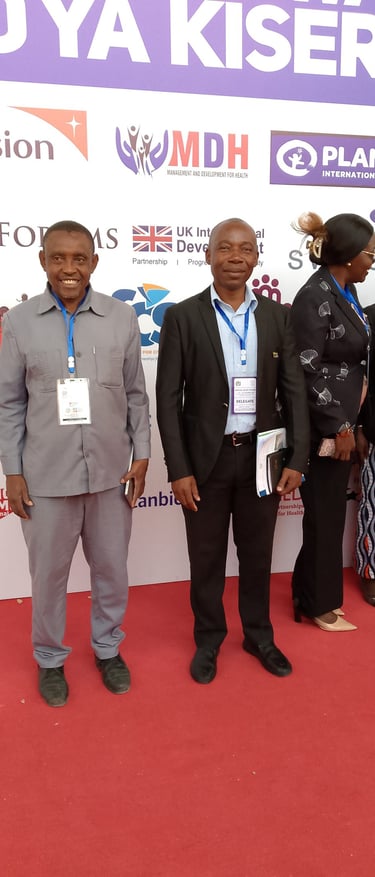

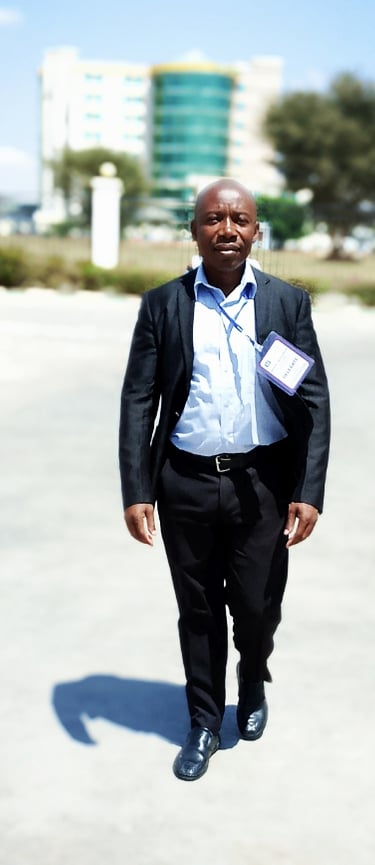

In September 2024, the Jakaya Kikwete Convention Center in Dodoma, 2024 NGOs National forum brought together leaders from various institutions. This event aimed to foster discussions and contributions on vital topics that educate and empower the participants. As representatives from diverse sectors take the stage, they shared insights and experiences that can inspire innovative solutions to the challenges facing the nation. The forum promises to be a dynamic platform for collaboration, where ideas can be exchanged and strategies developed to enhance education and promote sustainable growth. Attendees had the opportunity to engage directly with influential figures, enriching their understanding of pressing issues and potential pathways forward. This gathering not only highlights the importance of dialogue among leaders but also underscores a collective commitment to the future of education in Tanzania.
In a concerted effort to address pressing issues within the region, a diverse assembly of stakeholders convened, including members of parliament and leaders from the ministry of finance.
The gathering also featured esteemed lawyers who provided legal insights, alongside religious and traditional leaders who brought cultural perspectives to the discussions. International organizations contributed their expertise and resources, while representatives from local banks explored financial solutions to support development initiatives. Additionally, the head of the concerned region played a pivotal role in steering the conversation, ensuring that the needs and aspirations of the community were represented.
Invitees from various sectors enriched the dialogue, fostering collaboration aimed at sustainable progress and shared goals for the future. This multifaceted approach underscores the importance of unity and cooperation in tackling the challenges faced by the region.
At the 2024 forum, the official guest was the Honorable Dr. Doto Biteko, who serves as the Deputy Prime Minister and Minister of Energy. His presence highlighted the significance of energy policies in the current global context. Accompanying him was the Honorable Dr. Dorothy Gwajima, the Minister of Social Development, Gender, Women, and Special Groups. Together, they represented a commitment to fostering collaboration between energy initiatives and social development programs. Their participation emphasized the importance of integrating energy solutions with gender equality and social inclusivity, showcasing a holistic approach to national progress. The discussions at the forum were expected to set the stage for innovative strategies that address both energy and social challenges, reflecting the government's dedication to sustainable development for all citizens.
A significant gathering was marked by the participation of key leaders from various sectors. Among them was Vickness Mayao, the Registrar of Non-Governmental Organizations, alongside the choir of the Ministry of Social Development, which added a vibrant atmosphere to the event. Hajjat Mwantumu Mahiza, the Chairman of the Coordination Board of Non-Governmental Organizations, played a pivotal role, as did Dr. Seif Abdallah Shekalaghe, the Secretary General of the Ministry of Social Development, Gender, Women, and Special Groups. Faki Shaweji, also from the Ministry, contributed to the discussions, while Adamson Nsimba represented the National Council of Non-Governmental Organizations (NaCONGO). The Coordination Board was further represented by Baltazar Komba, and Elia Kasanga from the Office of the Regional Commissioner of Njombe rounded out this influential assembly, highlighting the collective commitment to advancing social development initiatives.
THE NON-GOVERNMENTAL ORGANIZATIONS THAT PARTICIPATED FROM TABORA REGION ONLY ARE AS FOLLOWS:
1. Elias Mpangala (RS Tabora).
2. Sadath (NaCONGO Regional Representative)
3. Roghat Falme Robert _ Akili Platform Tanzania
4. Eternal Families Tanzania
5. Mushrooming Legal Economic and Environmental Aid for Communities (MLEEACO)
6. UYUI PARALEGAL CENTER
7. Bawili A. Daudi: "Farmers Solidarity For Agricultural And Social Development" (Sopadas)
8. URAMBO LEGAL AVAILMENT & CHARITY (ULAC)
9. Jikomboe Integral Development Association (JIDA)
10. Issa H. Makenya (BLF)
11. Paulo Nzumbi (BLF)
12. Lilian Bilakwata (CWEO)
13. Frontier Friends of Environment
14. Lisa Lugano (TDFT)
15. Caritas Tabora
16. Igunga Paralegal Center.
17. Mwanaisha (Survivor for Life)
18. SuBeHuDe Tanzania
19. Jane F. Nkuba - The New Wash Burn Foundation (NWBF)
20. Tabora League for Children (TLC)
21. Juma Mahundi Hussein (community development watch ..CODEWA
22. Tabora Community Development Support Foundation
Photos from the event at Jakaya Kikwete Convention Centre_ Dodoma, Tanzania on the 6th Sept 2024
At the 2024 NGOs Forum, a diverse range of crucial topics was discussed, reflecting the pressing issues faced by non-governmental organizations in Tanzania. Key presentations highlighted the importance of sustainable development practices, emphasizing the need for collaboration between NGOs and local communities to address environmental challenges. Experts engaged in discussions about the role of technology in enhancing organizational efficiency and outreach, showcasing innovative solutions that can transform traditional approaches. Additionally, the forum addressed the significance of mental health awareness, particularly in regions affected by conflict and disaster, urging NGOs to prioritize support systems for vulnerable populations. Advocacy for marginalized groups was also a central theme, with participants sharing successful strategies for inclusion and empowerment. Overall, the forum provided a dynamic platform for knowledge exchange, fostering partnerships that can drive meaningful change in communities globally.
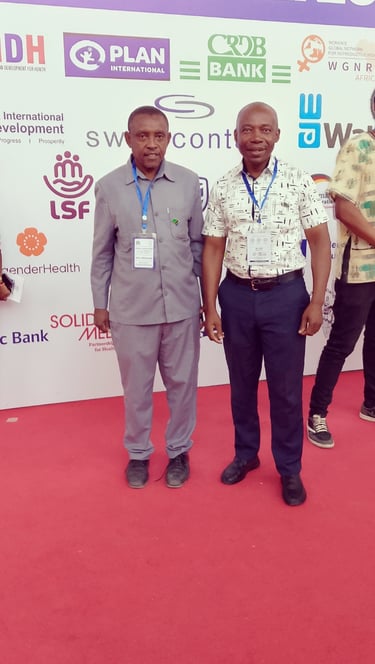

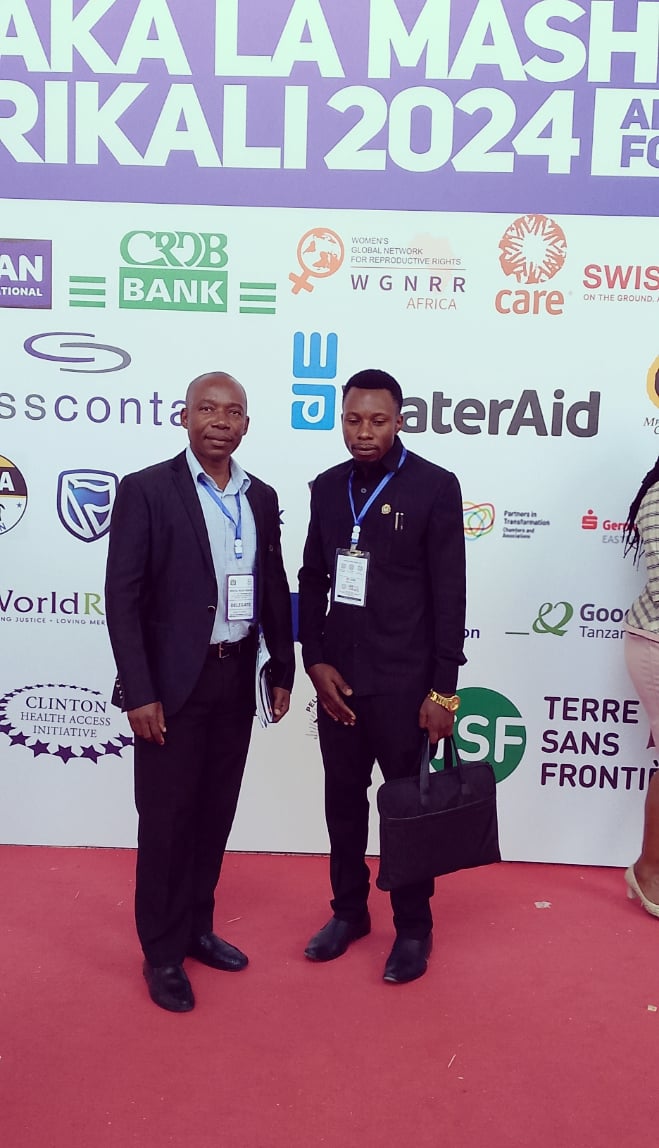

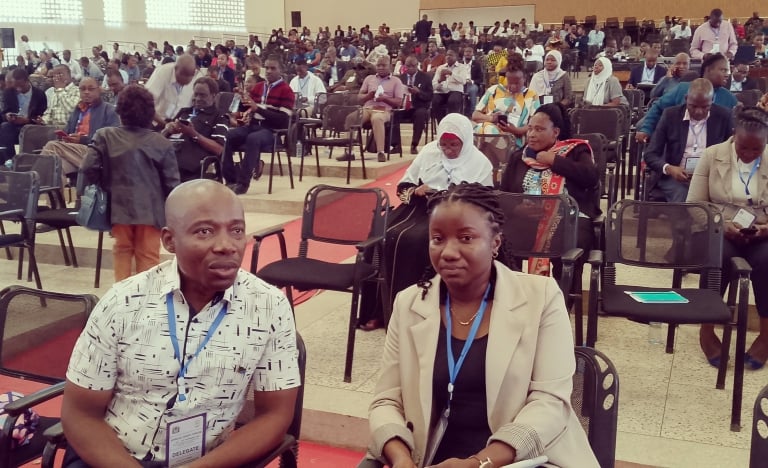

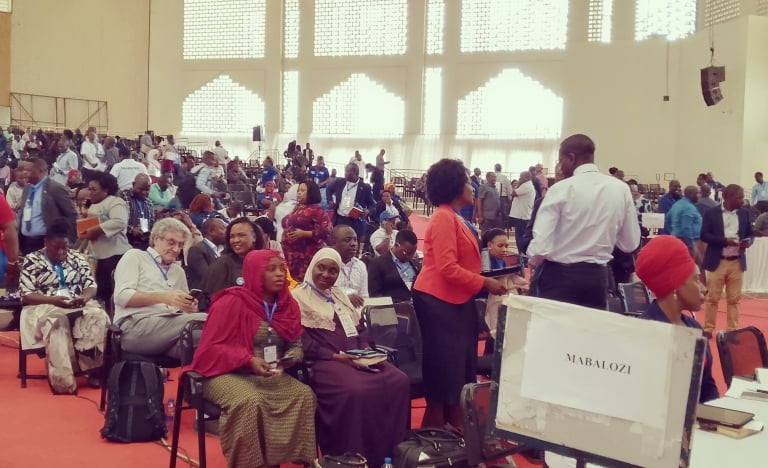

A photo of Mr. Bawili A. Daudi, while discussing some financial ensues with an Officer from the Ministry of Finance, Mrs. Lusubilo, September 5, 2024. During the Forum of Non-Governmental Organizations #Jakaya Kikwete Convention Centre, Dodoma_Tanzania. )Bawili is a Secretary of the Sopadas Organization in Tanzani, and the Africa Representative
Honorable Deputy Prime Minister and Minister of Energy, Dr. Doto Biteko, took the stage as the official guest, captivating the audience with his insightful speech.
#Steps taken by the Government is to improve the working environment and increase the recognition of the contribution of these Organizations are; the preparation of a Guide for the Coordination of Organizations in Mainland Tanzania (2020), an Electronic System for the Registration and Coordination of Organizations (2020) and a Book on the Contribution of Organizations in National Development every year.
#Other steps are the preparation of a Digital Map System for the Recognition of those Organizations, its Coordination Desks in Ministries, Government Institutions and the Private Sector as well as the National Strategy for the Sustainability of those Organizations (2022/23 – 2026/27).
(Pictured: Chief Guest, Deputy Prime Minister and Minister of Energy, Hon. Dr. Doto Biteko, Minister of Social Development, Gender, Women and Special Groups, Hon. Dr. Dorothy Gwajima,)
#Give me a vote for Non-Governmental Organizations to carry out their duties based on the principles of transparency and accountability
to strengthen the foundations of good governance starting from within your Organizations and in various fields of development.
#I ask the leaders, members and employees of those Organizations to continue to carry out their duties with professionalism, integrity and high patriotism.
#Government continues to work on the challenge of coordination of these Organizations at the TAMISEMI levels in order to finish it completely where it has started to review the Coordination Guide for those Organizations in Mainland Tanzania (2020).
#I direct the Ministry responsible for these Organizations to cooperate with the Ministry of Finance and other stakeholders to manage the process of establishing a Joint Grant Fund for these Organizations.
#Similarly, the preparation of Guidelines for Cooperation between the Government and Non-Governmental Organizations and to advise the Government on the best way to manage and operate it.
#I am using this opportunity to ask you to continue to cooperate with the Government in the implementation of various projects and interventions. Let's remember that we all have a responsibility to build our country and bring development to Tanzanians
various fields.
#Government through the Ministry responsible for these Organizations as well as Ministries, Departments and other Institutions, will continue to improve the enabling environment for these Organizations to do their work with high efficiency to enable them to fulfill the goals of their establishment.
#Also, we will strengthen cooperation with the Private Sector and Development Partners to enable the Non-Governmental Organizations Sector to benefit from the available financial resources, grow and spread throughout the country.
#I am asking the Non-Governmental Organizations that have been given permission to provide Voter education and oversee the ongoing exercise of improving the permanent voter register to continue to carry out those duties with high professionalism and patriotism recognizing the importance of the exercise in strengthening the foundations of good governance.
#It is important that all citizens participate fully in the preparation process of the National Development Vision 2050 from the initial stages until its completion. I ask you to come forward and encourage other citizens to participate and give opinions that will make it possible
completion of the process
#I direct all sectoral Ministries including the President's Office - TAMISEMI and others to effectively manage the implementation of the Campaign to Eradicate Hunger and Malnutrition for Children in order to strengthen the health and well-being of children and finally eradicate the problem of hunger and malnutrition in this country.
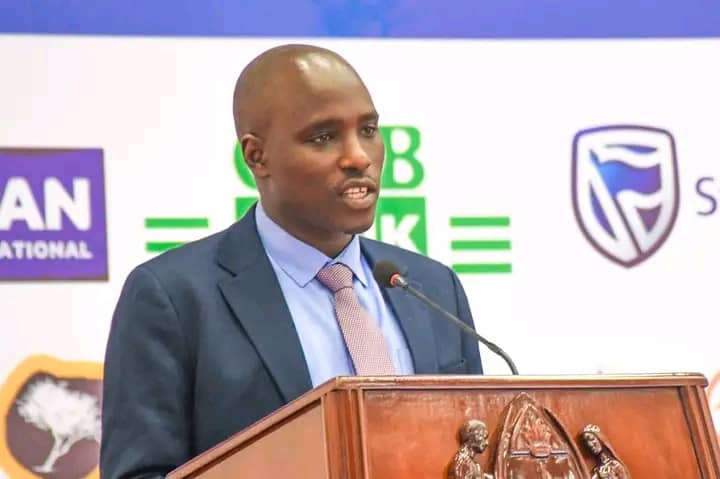

What was said by the Minister of Social Development, Gender, Women and Special Groups, Hon. Dr. Dorothy Gwajima, (Pictured)
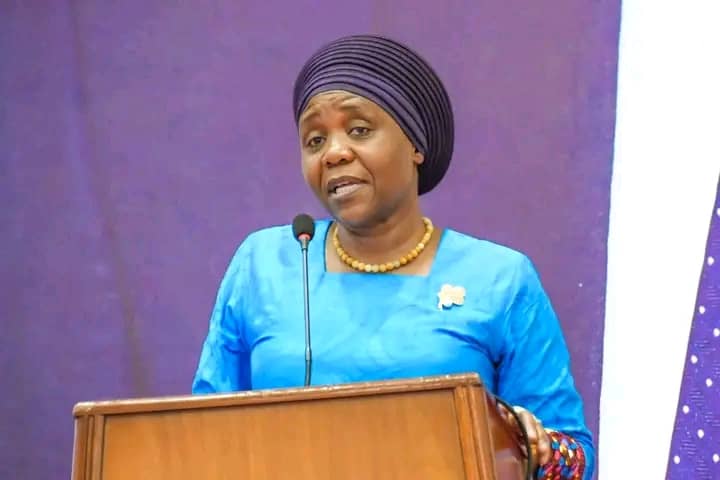

#These organizations have been supporting the Government's efforts in bringing development to Tanzanians, the implementation of various projects has contributed to improving the provision of social services, generating employment and increasing the Government's income.
#Today the Campaign to Eradicate Malnutrition for Children will be launched as part of the implementation of the Second Integrated National Nutrition Plan for a period of five years from 2021/22 to 2025/26.
#The program has provided guidance to nutrition stakeholders on the implementation of interventions aimed at solving the challenges of poor nutrition affecting people of all ages in the country.
#Through the analysis of the information of 1,368 Non-Governmental Organizations, it has been found that a total of 2.6 trillion shillings were received by these organizations and the amount of 2.4 trillion shillings was used for the implementation of projects in various fields.
# The groups that benefited the most from the projects were women who were reached by approximately 47.4 percent and youth by approximately 30.5 percent.
What was said by the Chairman of the Coordination Board of Non-Governmental Organizations, Mwantum Mahiza
#I give sincere thanks to the President of the United Republic of Tanzania, Hon. Dr. Samia Suluhu Hassan for enabling us to work with Non-Governmental Organizations that have a great contribution in helping the community.
#I thank the Heads of Regions and Districts for their cooperation with Non-Governmental Organizations, especially during the elections of the Council of these Organizations. I ask that this Council be given cooperation because they have a great responsibility for the future of our country.
What was said by the Chairman of the National Council of Non-Governmental Organizations (NACONGO),
Jasper Lazaro Makala
#The sector of Non-Governmental Organizations in the country has continued to grow and strengthen not only in the number of registered Organizations but through the implementation of various projects and interventions.
#We promise to continue cooperating with the Ministry responsible for NGOs and other Sectoral Ministries by carrying out our duties in accordance with the Laws, Regulations and Guidelines governing the coordination of these Organizations and other laws of the country.
#Non-Governmental Organizations recognize the great work done by the Government, especially in bringing it to the people development.
ACHIEVEMENTS:
During the recent exhibition, significant achievements were made that fostered collaboration and knowledge sharing among various entities. Engaging in productive meetings with stakeholders from both governmental and non-governmental organizations facilitated the development of cooperative relationships. This experience allowed for valuable connections with leaders, representatives, and managers from diverse institutions, enhancing our network and understanding of different operational frameworks. Additionally, we gained insights into the various methods of preparing exhibition products, including the logistical aspects of booth setup and associated costs. These interactions not only strengthened existing partnerships but also opened doors for future collaborations, ultimately enriching our capacity to contribute effectively to the exhibition landscape.
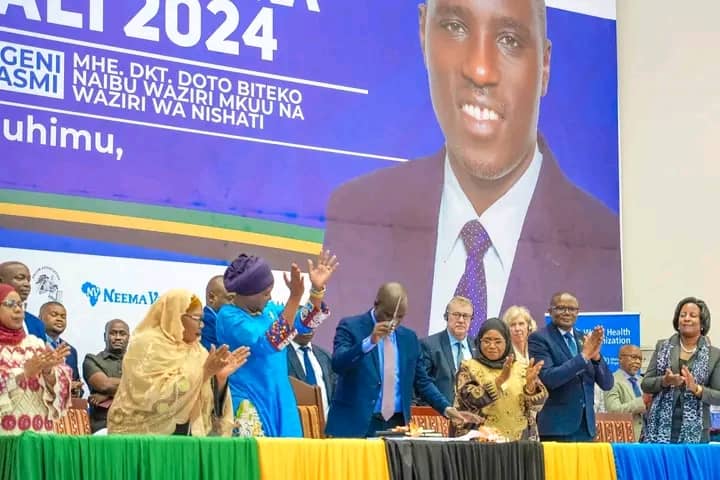

CHALLENGE:
The recent NGOS forum 2024, faced significant challenges that hindered its effectiveness. Heavy crowding during registration and meal times led to frustration, with many attendees lacking access to tea and food. Additionally, the schedule was poorly implemented, with sessions not adhering to the allotted times, causing confusion and delays. Furthermore, there was a noticeable absence of direct solutions to pressing issues faced by non-governmental organizations, such as navigating taxes and charges related to social services. The forum failed to address vital concerns, including the need for subsidies for organizations impacting the community, the removal of unreasonable fines, and the timely delivery of essential services. The lack of structured support left many organizations grappling with unresolved challenges that directly affect their ability to serve the community effectively.
The government should consider allocating grants to non-governmental organizations (NGOs) that have a direct impact on their communities through various projects. Just as political parties receive funding to support their initiatives, NGOs play a crucial role in addressing local needs and enhancing social welfare. By providing financial support to these organizations, the government can empower them to implement programs that foster community development, address social issues, and promote sustainability. This collaboration not only strengthens the capacity of NGOs but also ensures that resources are channeled effectively to areas where they are most needed. Ultimately, such partnerships can lead to a more engaged and resilient society, benefiting both the community and the broader goals of national development.
Eliminating taxes and fees for equipment and funds utilized in community development projects can significantly boost local initiatives. By allowing organizations and individuals to allocate more resources towards enhancing infrastructure, education, and social services, communities can thrive. This financial relief encourages investment in vital projects, fostering innovation and growth. Furthermore, when resources are directed towards improving the community, the overall quality of life for residents improves, creating a more vibrant and sustainable environment. Such policies not only facilitate the successful implementation of community-driven projects but also inspire greater participation from local stakeholders, leading to a more collaborative and engaged community. In essence, removing these financial barriers can catalyze development efforts, fostering a more prosperous future for all.
In contemporary discussions, it is crucial to maintain a clear boundary between political issues and the pressing needs of society. While politics often shapes the framework within which societal problems are addressed, intertwining the two can lead to divisive rhetoric that detracts from finding common ground. The focus should ideally remain on addressing the real challenges faced by communities—such as healthcare, education, and infrastructure—without the added complications of political agendas. By prioritizing societal needs and fostering dialogue that transcends political divisions, we can encourage collaboration and innovative solutions that benefit everyone. This approach not only promotes unity but also enhances the effectiveness of initiatives aimed at improving the quality of life for all members of society. Ultimately, separating these conversations can lead to more productive outcomes and a greater sense of shared purpose.
The government must recognize that non-governmental organizations (NGOs) are not adversaries but essential partners in addressing societal challenges. Both entities share a common goal: to improve the lives of citizens and tackle pressing issues, particularly in underserved areas. By fostering collaboration and providing adequate support to NGOs, the government can enhance the effectiveness of its initiatives and extend its reach into communities that may otherwise be overlooked. Embracing this cooperative approach not only strengthens the efforts of NGOs but also amplifies the government’s impact, creating a more cohesive strategy for social development. Ultimately, a united front between the government and NGOs can lead to innovative solutions and a more robust response to the diverse needs of society.
In today's rapidly changing society, collaboration is essential for addressing the myriad challenges we face. By working together, we can harness our collective ideas and insights to propose solutions that benefit all. It is important to ensure that our efforts are seen as constructive rather than oppositional to government initiatives. By fostering open dialogue and understanding, we can align our goals with those of the authorities, paving the way for innovative approaches that enhance community wellbeing. Our united front can demonstrate that our intentions are rooted in positive change, emphasizing partnership rather than conflict. Together, we can create a brighter future where our voices contribute to a thriving society.
RECOMMENDATIONS
